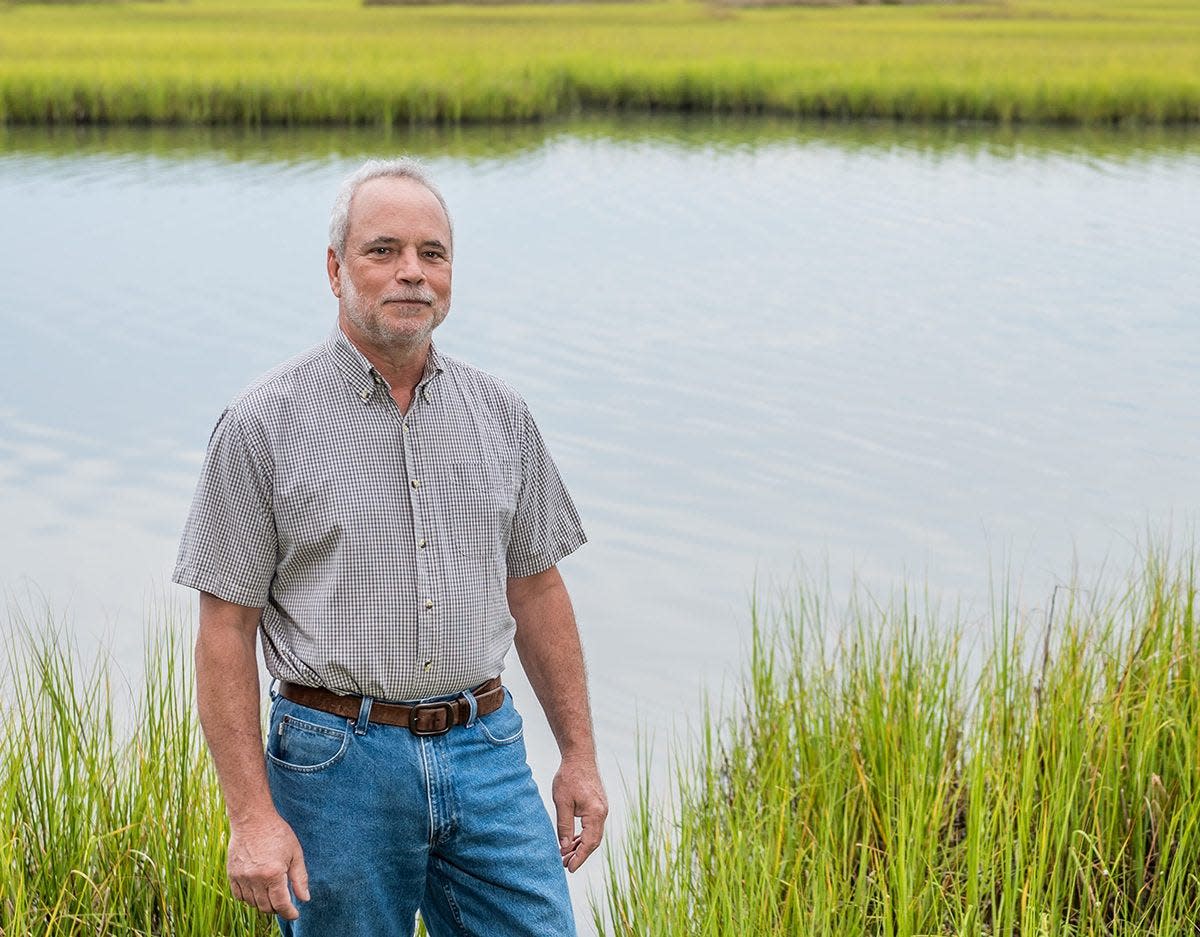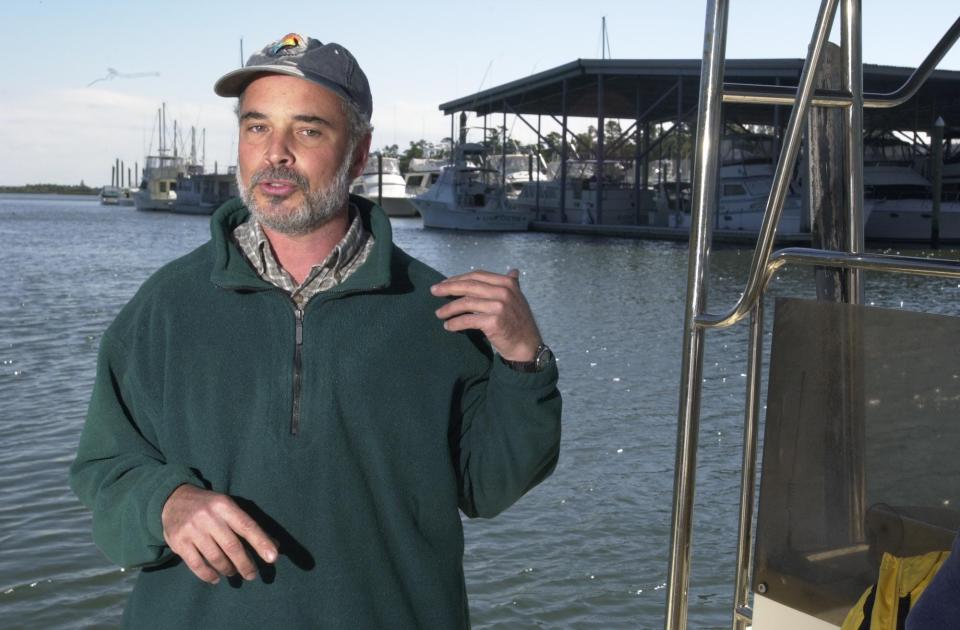A voice for the coast: Founder and executive director of NC Coastal Federation to step down

To say the North Carolina coast looked different during the first Reagan administration would be a bit of an understatement.
The population of Brunswick County in 1982, for example, was less than 39,000. Today, it is more than 146,000, and the county is not only one of the fastest-growing counties in the state, but also in the country.
That same year, Todd Miller founded the North Carolina Coastal Federation to be a voice for the coast, something that was missing at the time.
While there were a number of local and regional organizations and statewide environmental groups occasionally did projects or advocated for coastal policies, he said there was no one exclusively focused on protecting and restoring the environment in North Carolina's 20 coastal counties.
"We were able to fill that niche," said Miller, who added that working to protect the coast and prepare it for the tremendous growth everyone knew was coming was "very personal" to him having grown up in Carteret County.
Now the nonprofit's long-serving executive director is ready to pass on the proverbial baton, with Dr. Braxton Davis, currently director of the N.C. Division of Coastal Management, set to step into the role in February.
"I've been doing this for 42 years and it's just time," Miller said. "We always knew eventually there was going to be a transition and that it would be much better to do it when there's not a crisis or it was being forced on us. And It really helps knowing we have an excellent candidate like Braxton to take on the role."
From a single full-time employee − Miller, no permanent office, and a budget of $27,000 and change, the federation today has more than 40 employees, several regional offices, and an operating budget of $4.5 million. The group also has developed a well-respected advocacy role and helps secure federal, state and private grant funds for programs and groups all along the coast, making it a mini-economic engine for Eastern North Carolina.

Building bridges and consensus
So how did the federation become so successful?
While initially there was a lot of trial and error as with any new organization, Miller credits hiring the right people, an active and growing membership base that today numbers more than 16,000, and forging relationships with public and private groups and officials.
"It takes time to get some traction, to get your voice and message out there," he said. "But it's also important to try and understand where other people are coming from. If you're always in conflict, there are no winners. It's harder work to try and find consensus and bring people together, but that's really essential if you want to make progress."
While he's stepping down as executive director, Miller isn't leaving the federation. He will serve as Davis’ senior adviser and as an “ambassador” for the organization.
The move away from running the federation's day-to-day operations will allow Miller to return to his first love and again get his hands dirty out in the field. And while growth pressures, if anything, have increased on coastal resources in recent decades, he said a new factor is also at play − climate change.
Miller said sea-level rise and the increasing frequency and ferocity of extreme weather events, like hurricanes, striking the N.C. coast are new factors that have to be taken into account anytime a new project or land acquisition is proposed.
"These are stressors that we really didn't have to worry too much about when we first started," he said. "We'd gone nearly thirty years without any major storms before Hurricane Bertha hit in the mid-90s. Now, we're all pros at dealing with extreme weather, and we're going to have to continue taking that into account as we move forward."
LIVING SHORELINES Along the N.C. coast, preparing for rising waters with natural remedies
When asked about his legacy, Miller joked that's he not done just yet. But he said he is proud of the federation's achievements over the years, ticking off the group's role in helping convince legislators to create the Clean Water Management Trust Fund − now known as the N.C. Land and Water Fund − in 1996.
"That really provided us and other groups with a whole new set of financial tools to work with," he said.
More recently, the federation has created its own news service to help fill in the coverage holes as other media have pulled back from their reporting on coastal issues and launched large-scale projects to rebuild the state's battered oyster reefs, promote the use of living shorelines instead of hardened structures, and remove storm-driven debris and abandoned vessels from coastal waters.
"It's been fun, most times," Miller said with a laugh looking back at his more than four decades at the federation. "Now it's time for someone to bring new energy, expertise to the position and keep things moving forward."
Reporter Gareth McGrath can be reached at GMcGrath@Gannett.com or @GarethMcGrathSN on Twitter. This story was produced with financial support from 1Earth Fund and the Prentice Foundation. The USA TODAY Network maintains full editorial control of the work.
This article originally appeared on Wilmington StarNews: NC Coastal Federation founder Todd Miller to step down

